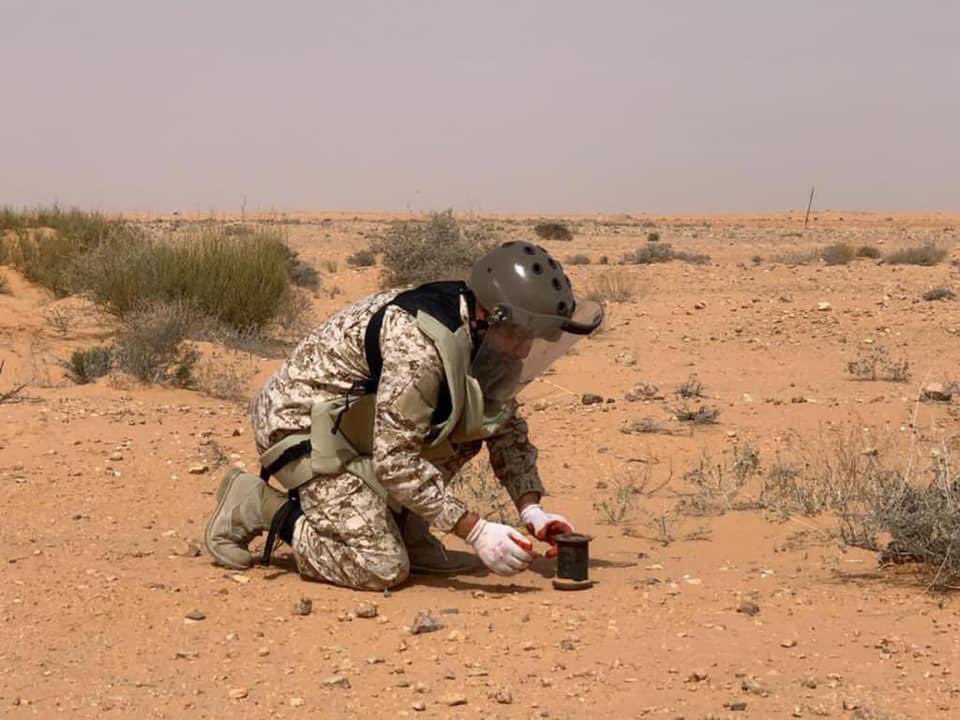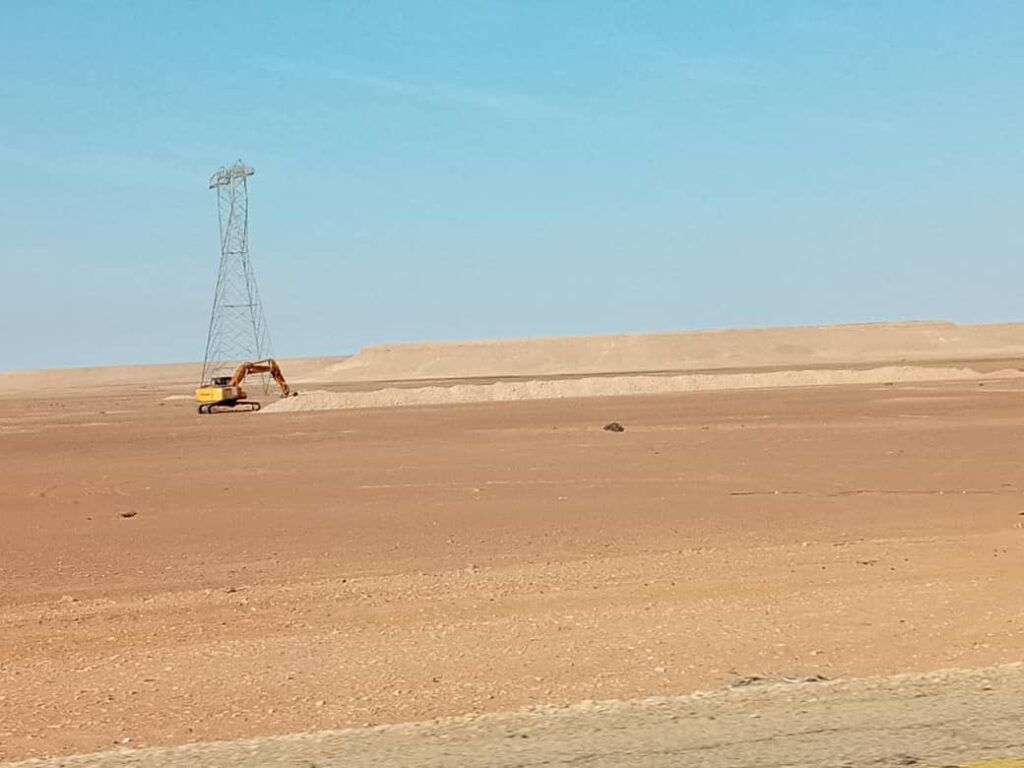ADF STAFF
Russia’s Wagner Group fighters broke the cease-fire in Libya’s civil war when they recently flew military aircraft over the city of Sirte, according to The Libya Observer.
On April 10, observers on the ground posted video on social media of a MiG jet streaking across the sky above the city despite the cease-fire that started in October 2020 and the creation of a Government of National Unity in March 2021.
The Wagner Group continues to support Gen. Khalifa Haftar, whose military forces served the eastern government over the past seven years. Haftar is not part of the Government of National Unity.
The flyover is the latest action by Wagner fighters to undermine attempts to resolve Libya’s divisions. The flyover violates the cease-fire negotiated by the 5+5 Joint Military Commission representing the internationally recognized former Government of National Accord based in Tripoli and its opponents based in Tobruk. The new government was approved in March at a meeting of the House of Representatives in Tobruk.

About the time same time, Libya’s interim leaders and the United Nations special envoy for Libya repeated the message they first issued in January to foreign-backed fighters in the country.
“We demand that all mercenaries leave the Libyan lands immediately,” interim Minister of Foreign Affairs Najla al-Mangoush announced March 17.
More than a month later, Wagner Group personnel are among an estimated 20,000 foreign fighters showing no signs of leaving Libya. The Wagner Group plans to boost the numbers of foreign fighters in late April by bringing in hundreds more Syrian mercenaries to join the fight on behalf of Haftar, according to Turkey’s Daily Sabah.
Wagner forces also are pressuring tribes in southern Libya to turn against the Government of National Unity and support Haftar. The pressure comes with a threat that Wagner fighters will turn their weapons on the tribes on the pretense of fighting the Islamic State if they refuse to side with Haftar, according to Daily Sabah.
The Wagner Group has been closely allied with Haftar for years, although Haftar has claimed his forces are all Libyan. Wagner supported Haftar’s unsuccessful 14-month assault on Tripoli that started in 2019. That assault ended in mid-2020 when Haftar and Wagner were pushed out of Tripoli’s southern suburbs.
As Haftar’s troops retreated, residents returning to the neighborhoods reported finding unexploded Russian ordnance and land mines.
Wagner Group forces helped Haftar’s forces take and hold the key port city of Sirte, home to crucial oil infrastructure. After leaving the city briefly earlier this year, Wagner forces returned in March soon after the Government of National Unity was created.
Wagner Group troops dug a 70-kilometer fortified trench between Sirte and Al Jufra, a Wagner stronghold. The trench includes defensive positions along what was the front line in the struggle between Libya’s rival factions. It also runs through the heart of Libya’s Oil Crescent, the coastal region where most oil terminals are located.
Some observers see the maneuver as an attempt to give Wagner — and, by extension, Russia — control over part of Libya’s oil industry by linking the southern El Sharara oilfields with the oil facilities in Sirte that have been under Wagner’s control for more than a year.
Interim Prime Minister Abdul Hamid Dbeibah has called the continuing presence of the Wagner Group and other foreign fighters “a stab in our back.”
William Lawrence, a professor at American University in Washington, D.C., told Turkey’s TRT World news service that the presence of foreign fighters is a major hurdle to the unity government’s success.
“They’re still there, and they’re going nowhere,” Lawrence said. “As long as those spoilers are there, war could break out again.”

